Comprehensive Guide to New Zealand Fishing Regulations
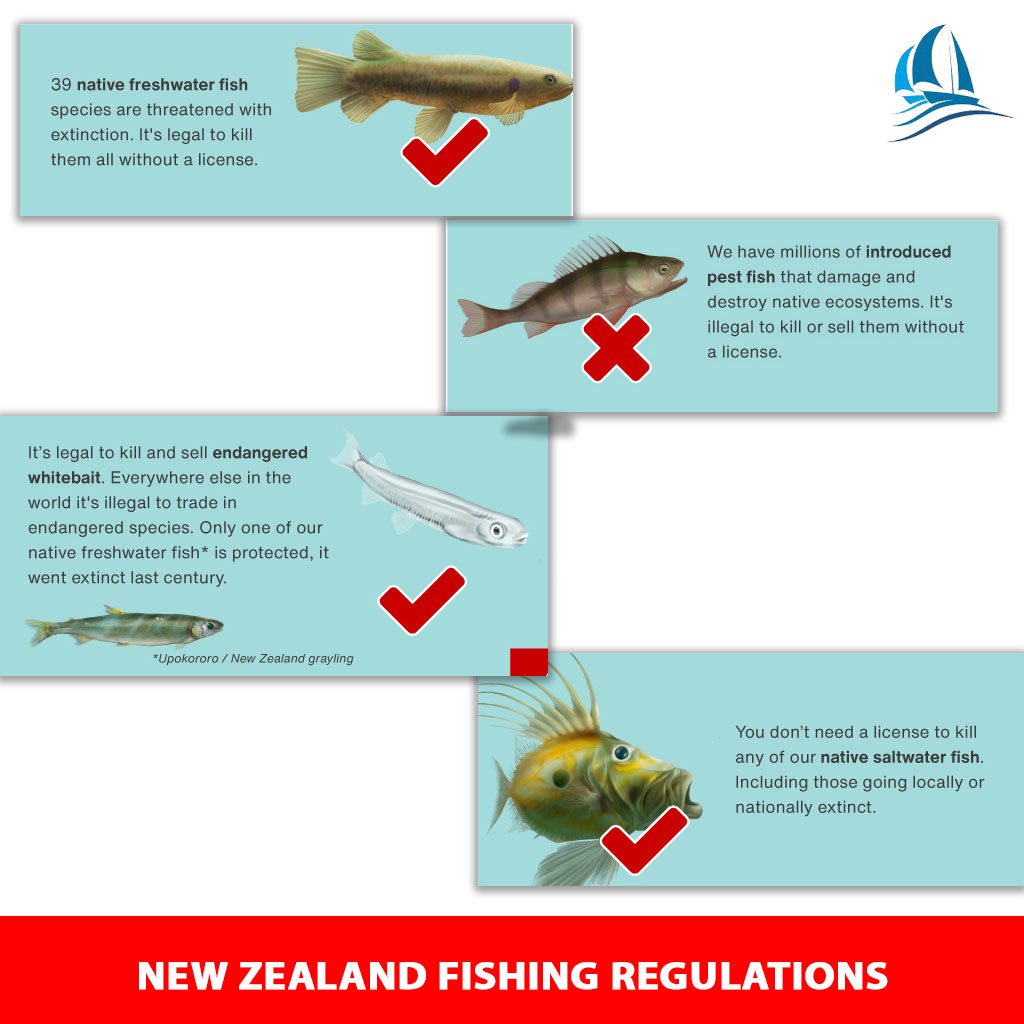
Fishing in New Zealand is an experience like no other. With its vast and diverse waterways, from crystal-clear rivers to expansive oceans, the country offers an abundance of opportunities for both recreational and commercial fishing.
However, to ensure sustainable fishing practices and protect the aquatic ecosystem, New Zealand has established a comprehensive set of fishing regulations.
This article will guide you through everything you need to know about these regulations, ensuring that your fishing experience is enjoyable and compliant with the law.
The Importance of Fishing Regulations
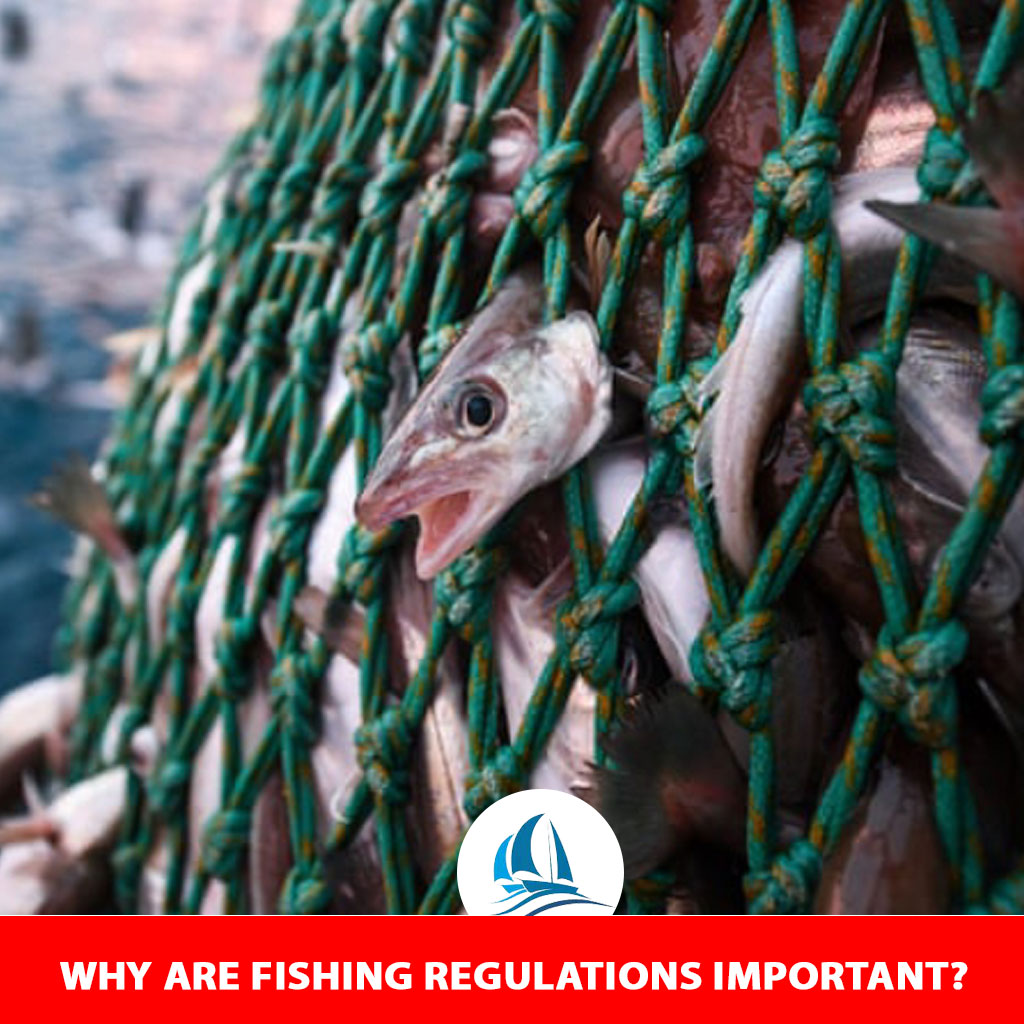
Fishing regulations in New Zealand are designed to balance the enjoyment of fishing with the need to protect fish populations and their habitats. These rules help to:
- Preserve fish stocks: By regulating the amount and type of fish that can be caught, regulations help maintain healthy fish populations.
- Protect the environment: Regulations ensure that fishing activities do not harm the aquatic ecosystems.
- Ensure fair access: Rules help to distribute fishing opportunities fairly among all fishers.
General Fishing Rules in New Zealand
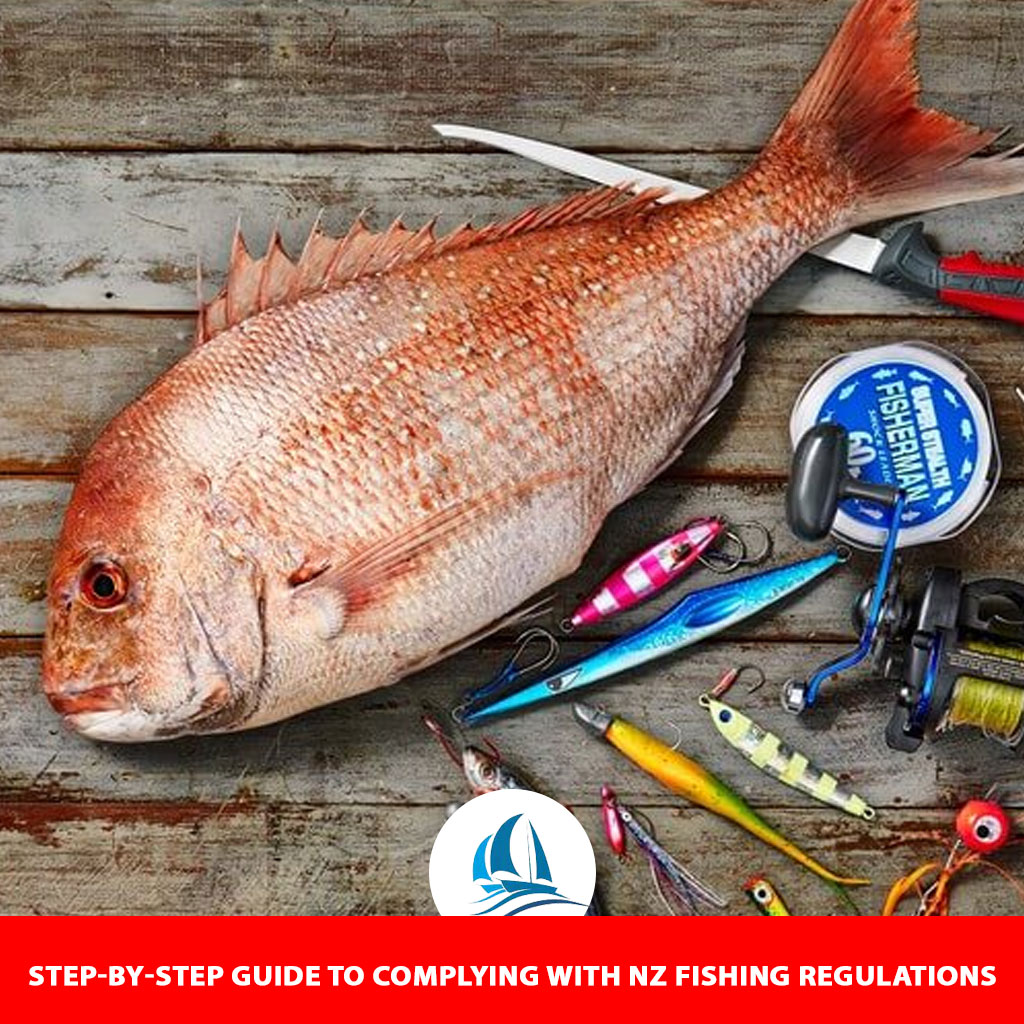
Before you head out on your fishing adventure, it’s essential to familiarize yourself with the general fishing rules that apply across the country. These include:
- Licensing: A valid fishing license is required for both freshwater and saltwater fishing. You can obtain a license online or from authorized retailers.
- Catch Limits: There are specific catch limits for different species to prevent overfishing. Always check the current limits for the area you plan to fish in.
- Size Limits: Minimum and sometimes maximum size limits are in place for certain species to ensure that fish have the opportunity to mature and reproduce.
- Fishing Seasons: Some fish species have designated fishing seasons to protect them during their breeding periods.
- Banned Equipment: Certain types of fishing gear, such as nets and traps, may be restricted or banned to protect fish populations and habitats.
Freshwater Fishing Regulations
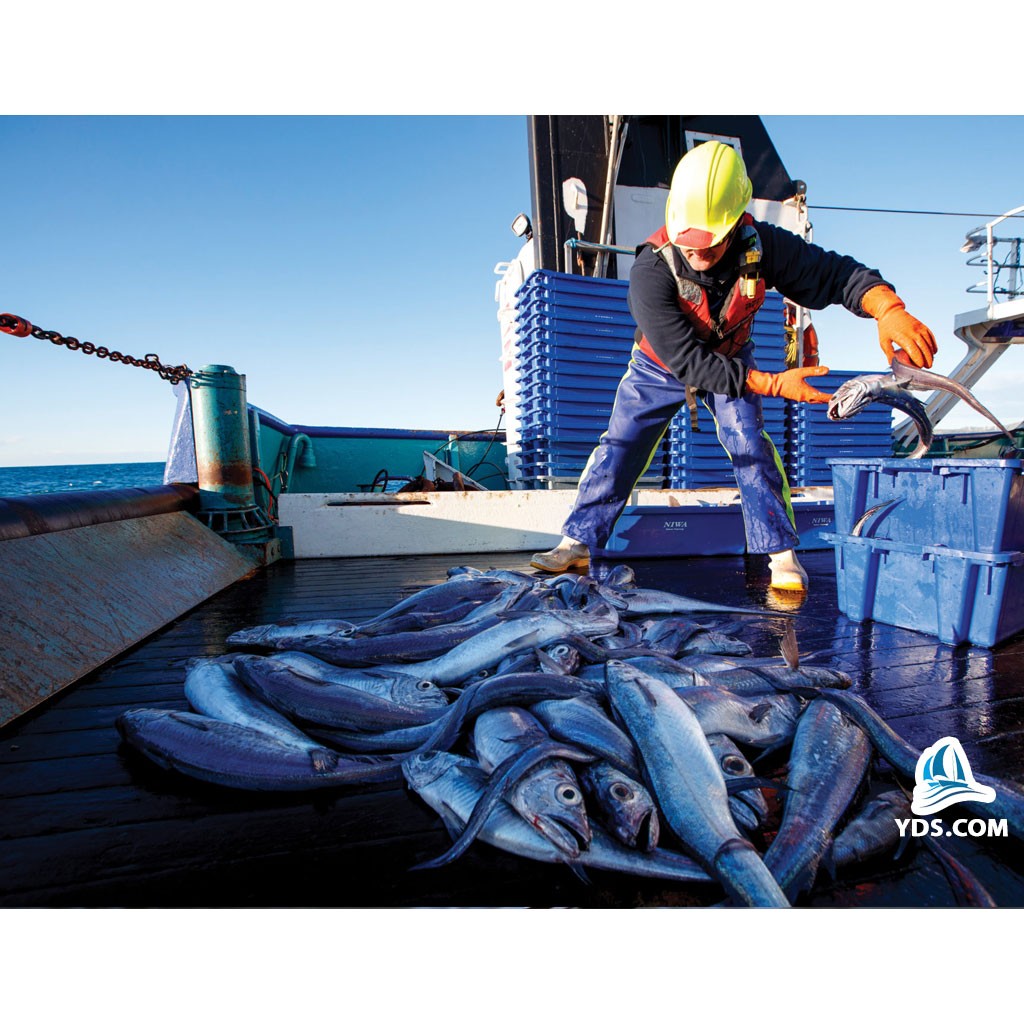
New Zealand’s freshwater fishing is world-renowned, particularly for its trout and salmon. However, freshwater fishing is subject to specific regulations:
Licenses and Permits
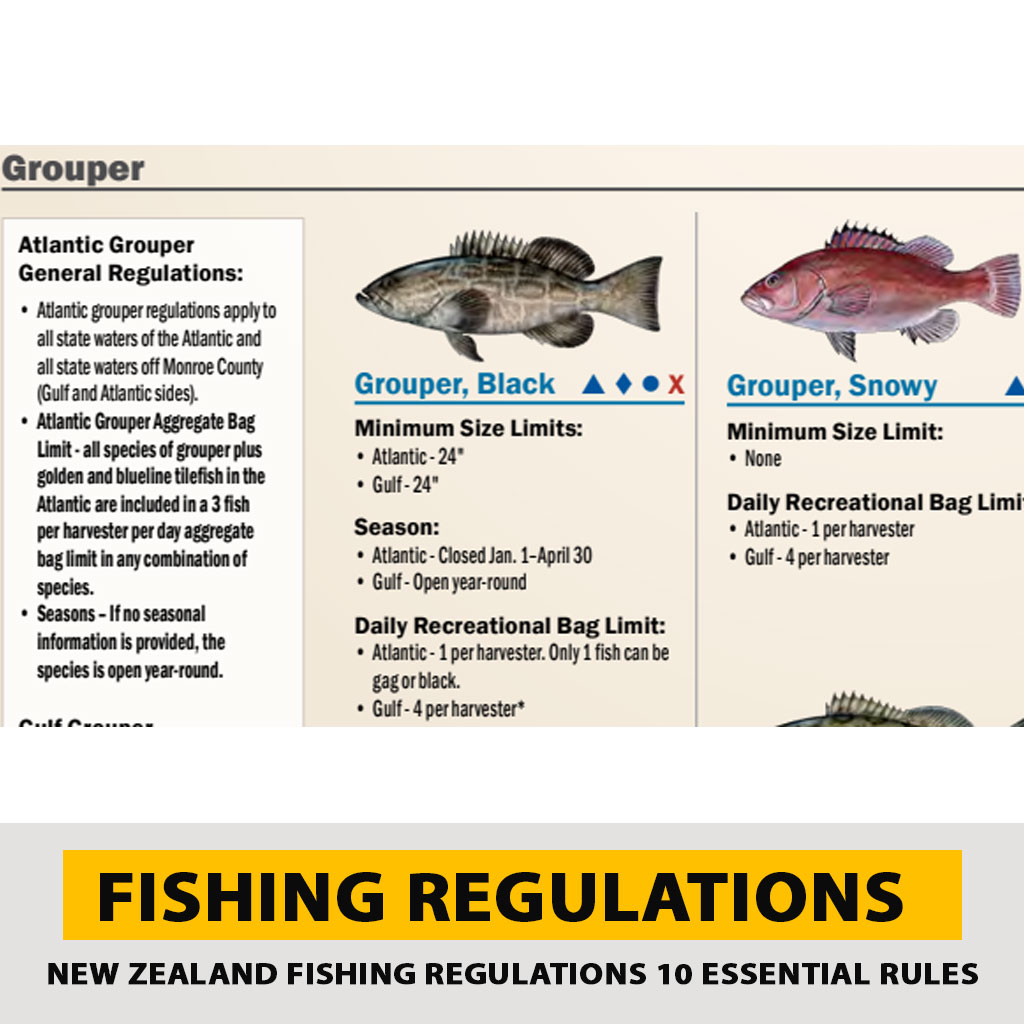
To fish in freshwater, you need a fish and game license. This license is required for anyone over the age of 12 and can be purchased for different durations, from a single day to an entire season.
Bag and Size Limits
Different regions have specific bag and size limits for trout and salmon. For example, in some areas, you are allowed to catch up to 6 trout per day, while in others, the limit may be as low as 2. Always check the local regulations before fishing.
Fishing Methods
In many areas, only fly fishing or spin fishing with artificial lures is permitted. The use of bait can be restricted to protect fish from diseases and to preserve water quality.
Saltwater Fishing Regulations
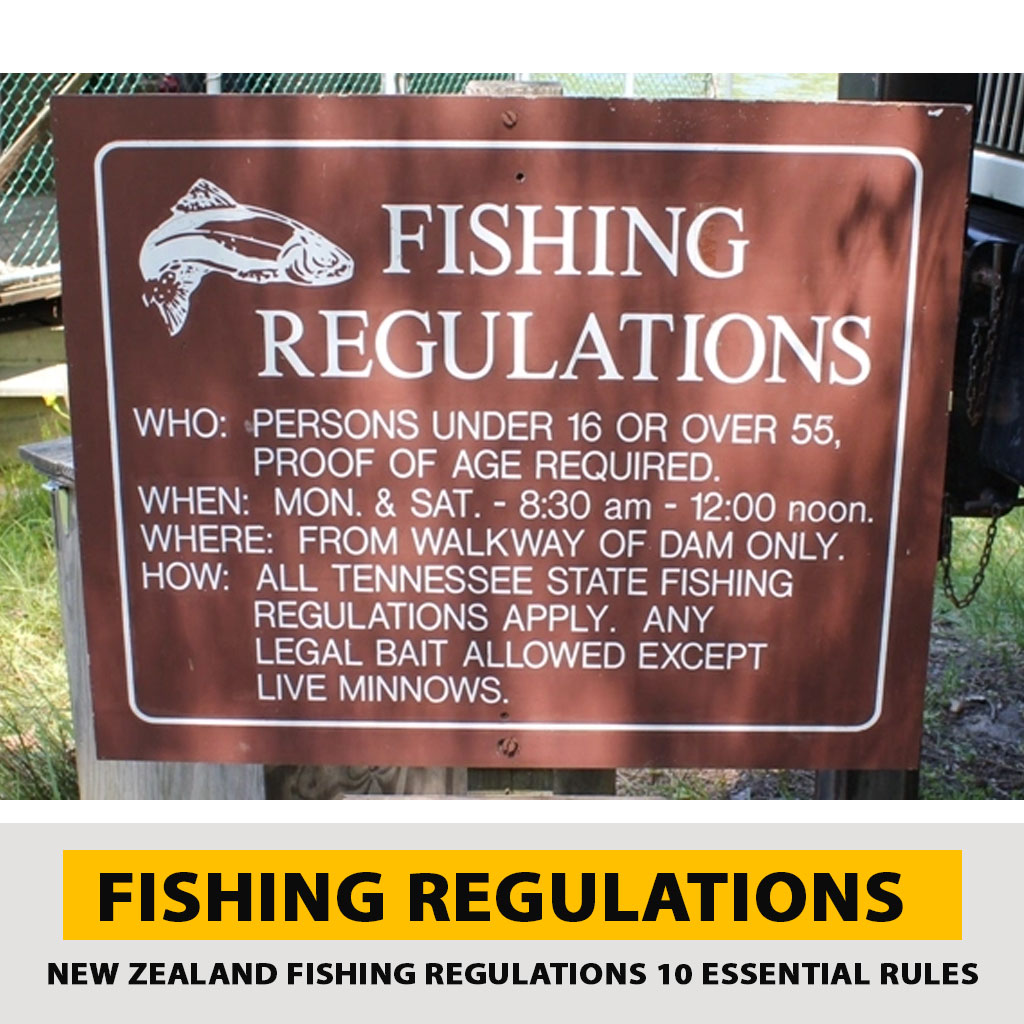
Saltwater fishing in New Zealand is incredibly diverse, ranging from fishing off the beach to deep-sea fishing. Here are some key regulations to be aware of:
Recreational Fishing Rules
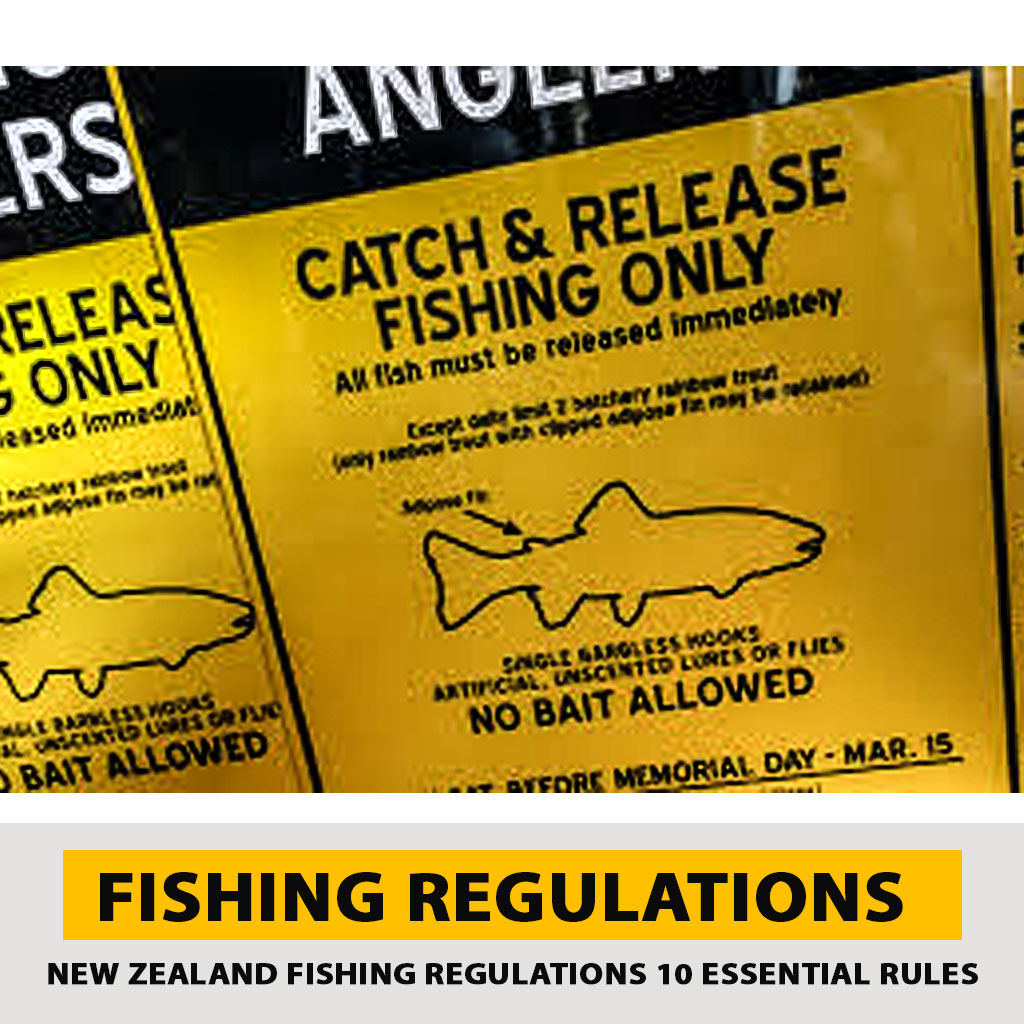
- Daily Limits: There are daily limits for different species, such as snapper, kingfish, and crayfish. For instance, the daily limit for snapper is typically 7 per person in most areas.
- Size Limits: Minimum size limits are in place to ensure young fish have a chance to grow and reproduce. For example, the minimum size for snapper is 30 cm.
- Protected Species: Certain species, like the great white shark and some types of shellfish, are fully protected, and it is illegal to catch or harm them.
Marine Reserves and Protected Areas
New Zealand has numerous marine reserves and protected areas where fishing is either restricted or completely banned to preserve marine biodiversity. Always check if the area you plan to fish in is a marine reserve.
Fishing Ethics and Best Practices
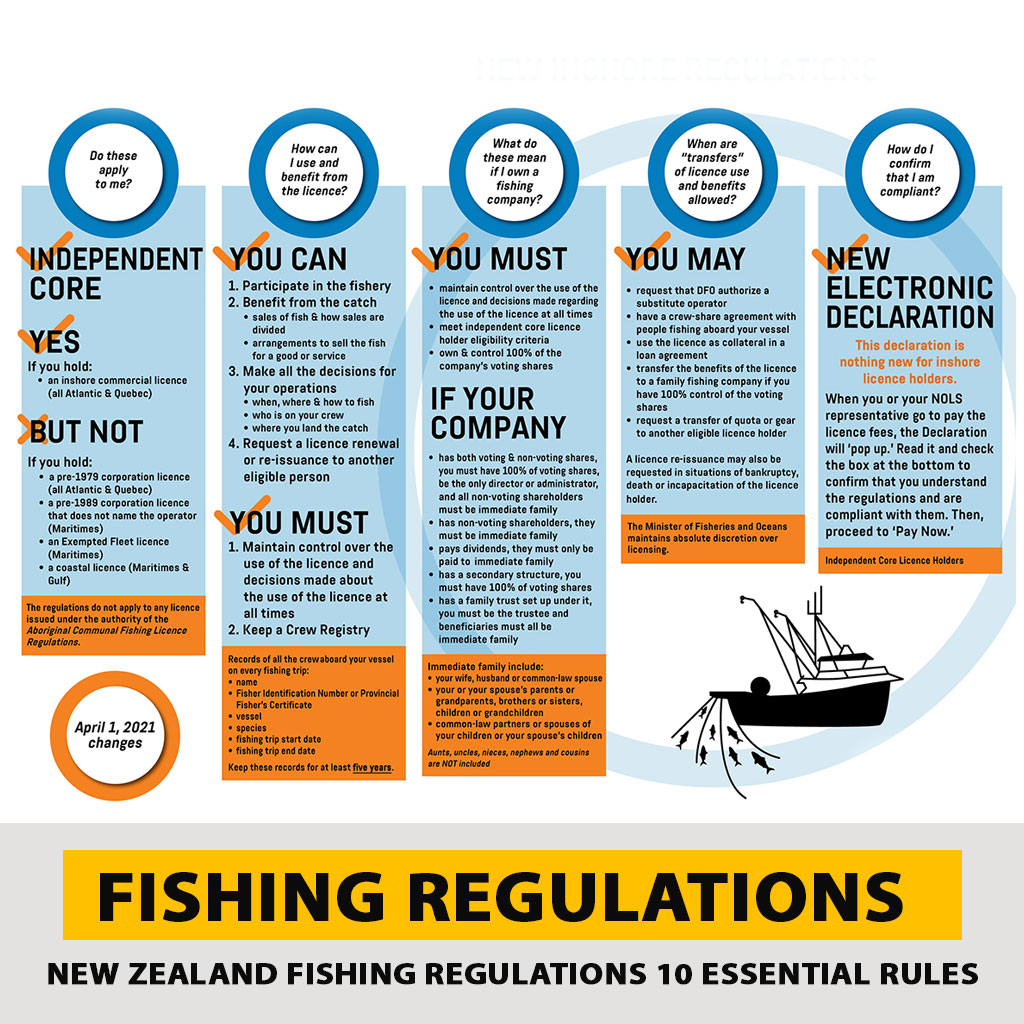
Beyond just following the legal regulations, ethical fishing practices are crucial for preserving fish populations and their habitats. Here are some best practices to follow:
- Catch and Release: If you catch a fish that you don’t intend to keep, handle it carefully and release it back into the water as quickly as possible to minimize stress and injury.
- Respect the Environment: Avoid damaging the natural environment by not littering and being mindful of where you anchor your boat.
- Use Barbless Hooks: Barbless hooks make it easier to release fish and reduce the risk of injury to the fish.
Anecdotes and Stories
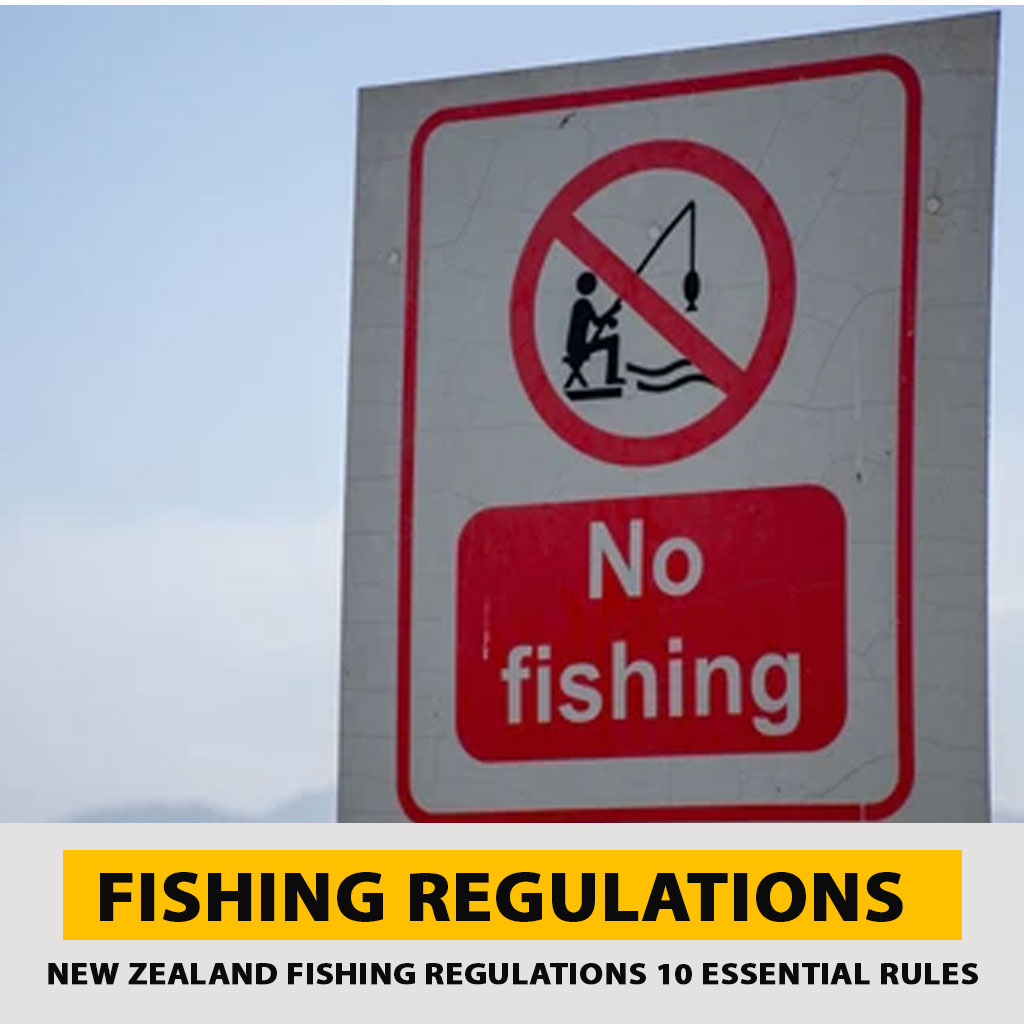
Fishing in New Zealand isn’t just about following rules; it’s about the unforgettable experiences you have along the way. For instance, many anglers have shared stories of their first time catching a trophy-sized trout in the pristine waters of the Tongariro River or the thrill of battling a giant kingfish off the coast of the Coromandel Peninsula.
One memorable story is about a father and son who, on their first fishing trip together, landed a massive snapper off the coast of Auckland. They followed all the regulations, ensuring the fish was of legal size and within their daily limit. This experience not only provided a delicious dinner but also a lifelong memory of their shared adventure.
Step-by-Step Guide to Planning Your Fishing Trip
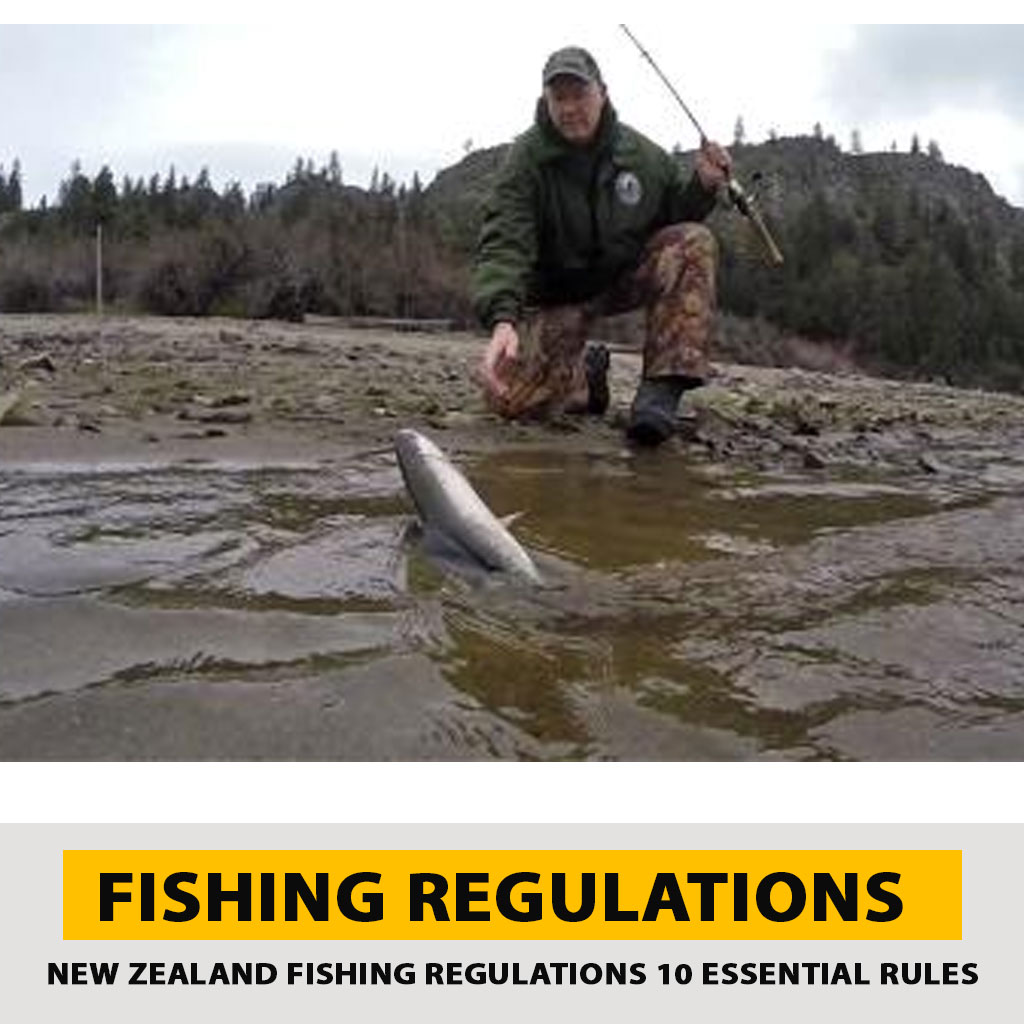
Step 1: Research and Preparation
Start by researching the specific regulations for the area you plan to fish in. Visit the official New Zealand Fisheries website for the most up-to-date information.
Step 2: Obtain a License
Purchase the necessary fishing license. For freshwater fishing, you can buy a Fish & Game license. For saltwater fishing, a specific license isn’t required for recreational fishing, but it’s important to follow all the rules and limits.
Step 3: Gear Up
Make sure you have the right equipment, including fishing rods, reels, lines, and lures. If you plan to catch and release, consider using barbless hooks.
Step 4: Check the Weather
Always check the weather forecast before heading out. Fishing in good weather not only makes the experience more enjoyable but also safer.
Step 5: Follow the Rules
Stick to the catch and size limits, and respect any protected areas or marine reserves. Use appropriate fishing methods as specified for the region and species.
FAQs
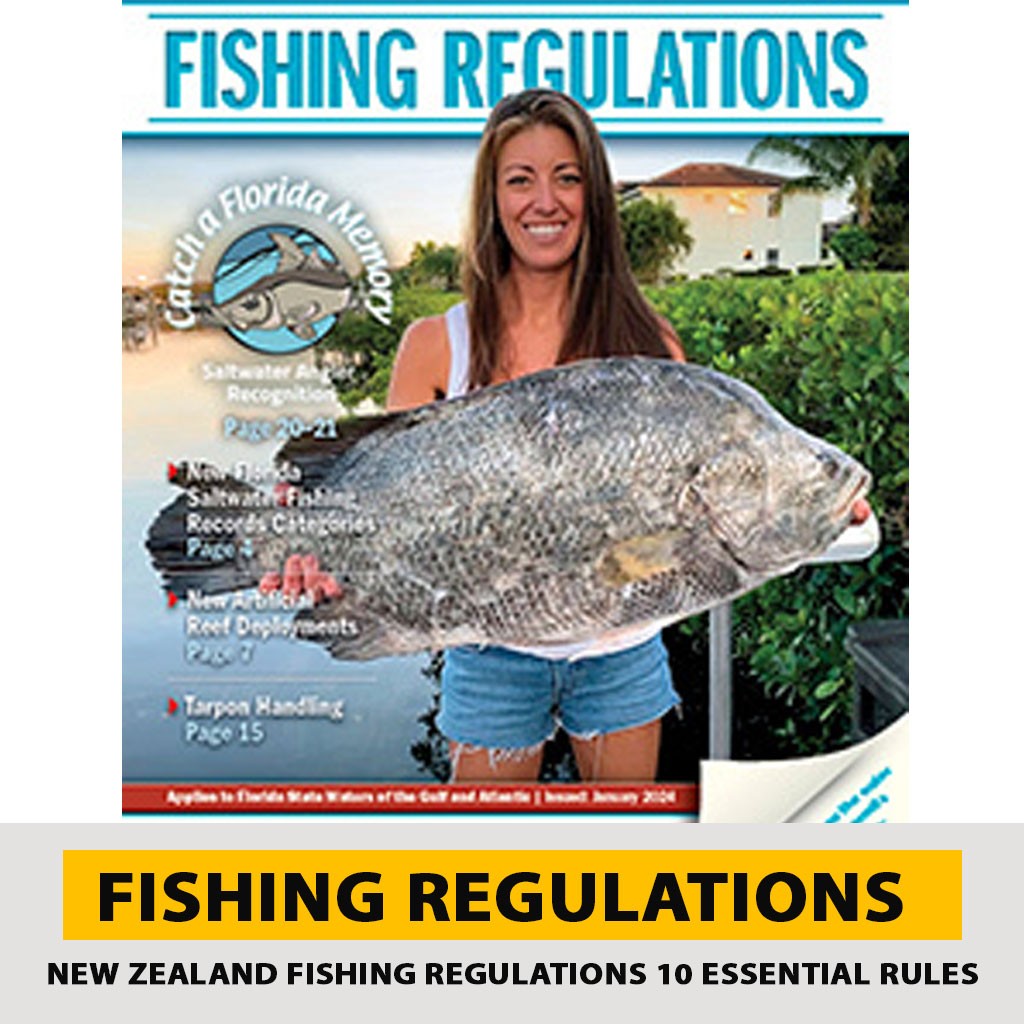
1. Do I need a license to fish in New Zealand?
Yes, a fishing license is required for freshwater fishing. No specific license is needed for recreational saltwater fishing, but regulations must be followed.
2. What are the daily catch limits?
Daily catch limits vary by species and location. For example, the daily limit for snapper is typically 7 per person in most areas.
3. Are there any protected species?
Yes, certain species like the great white shark and some types of shellfish are fully protected, and it is illegal to catch or harm them.
4. Can I fish in marine reserves?
No, fishing is either restricted or completely banned in marine reserves to preserve marine biodiversity.
5. What is the best time of year to fish in New Zealand?
The best time to fish varies by species and location, but generally, spring and summer (September to February) are ideal for many types of fishing.
Conclusion
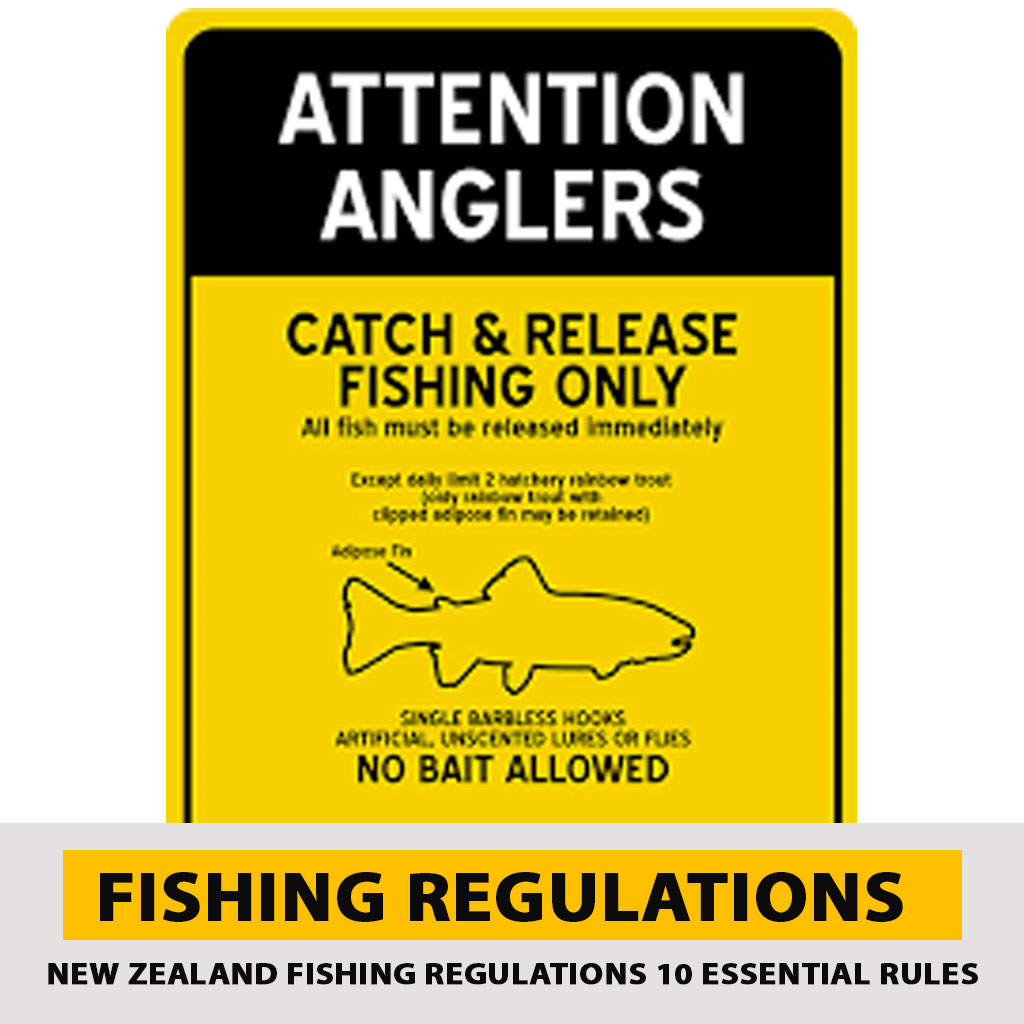
Fishing in New Zealand is a rewarding experience that combines adventure, relaxation, and a deep connection with nature. By understanding and following the New Zealand fishing regulations, you help preserve this precious resource for future generations.
Whether you’re an experienced angler or a novice, respecting these rules ensures that you have a safe and enjoyable fishing trip.
So grab your gear, get your license, and head out to explore the rich fishing waters of New Zealand with confidence and respect for the environment.


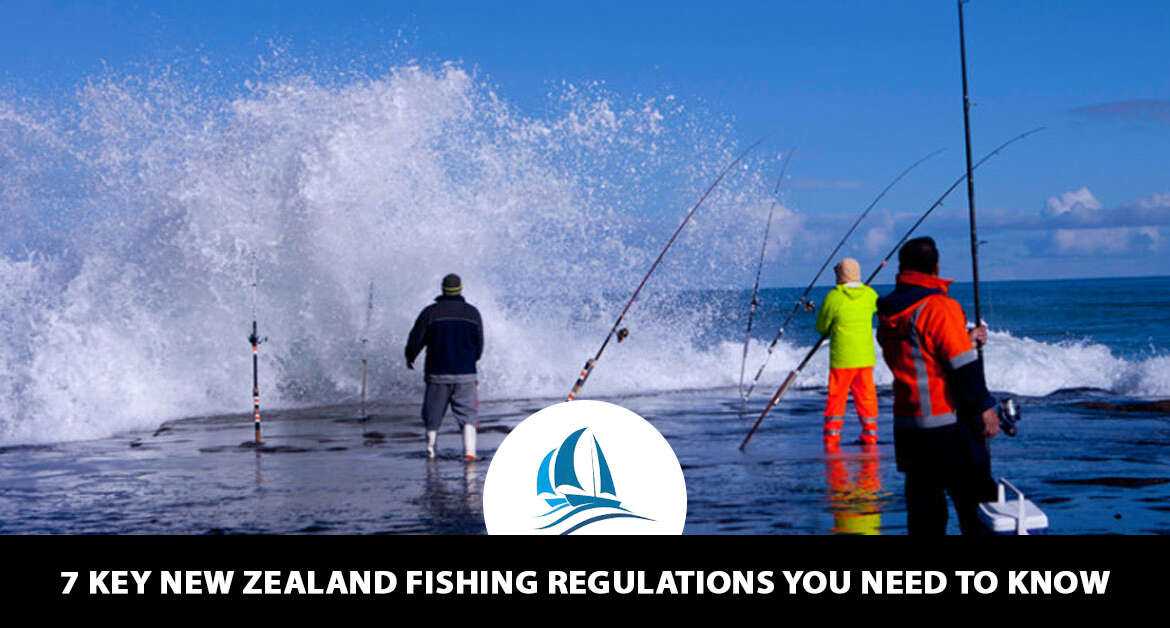
Leave a reply